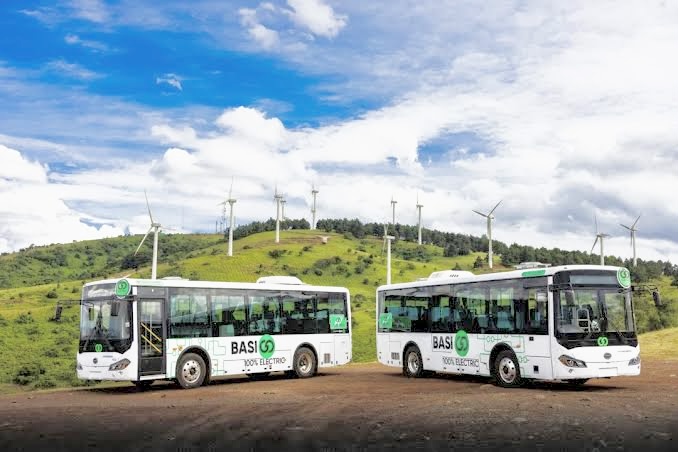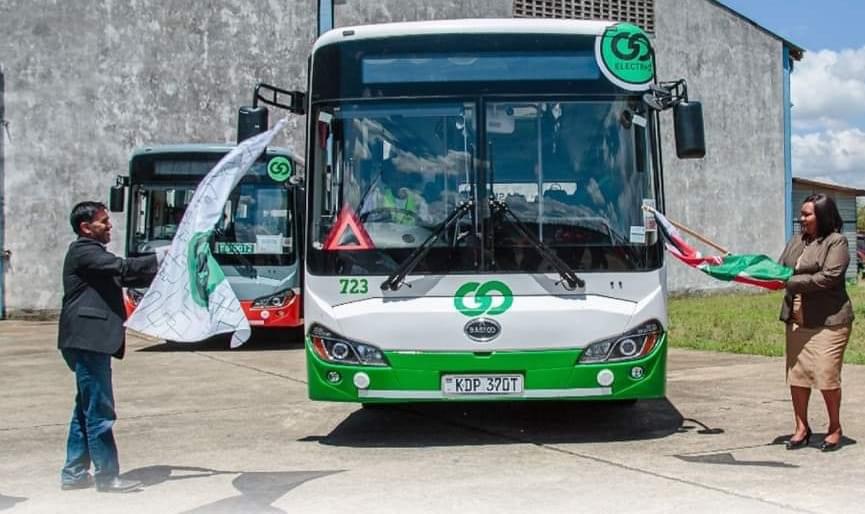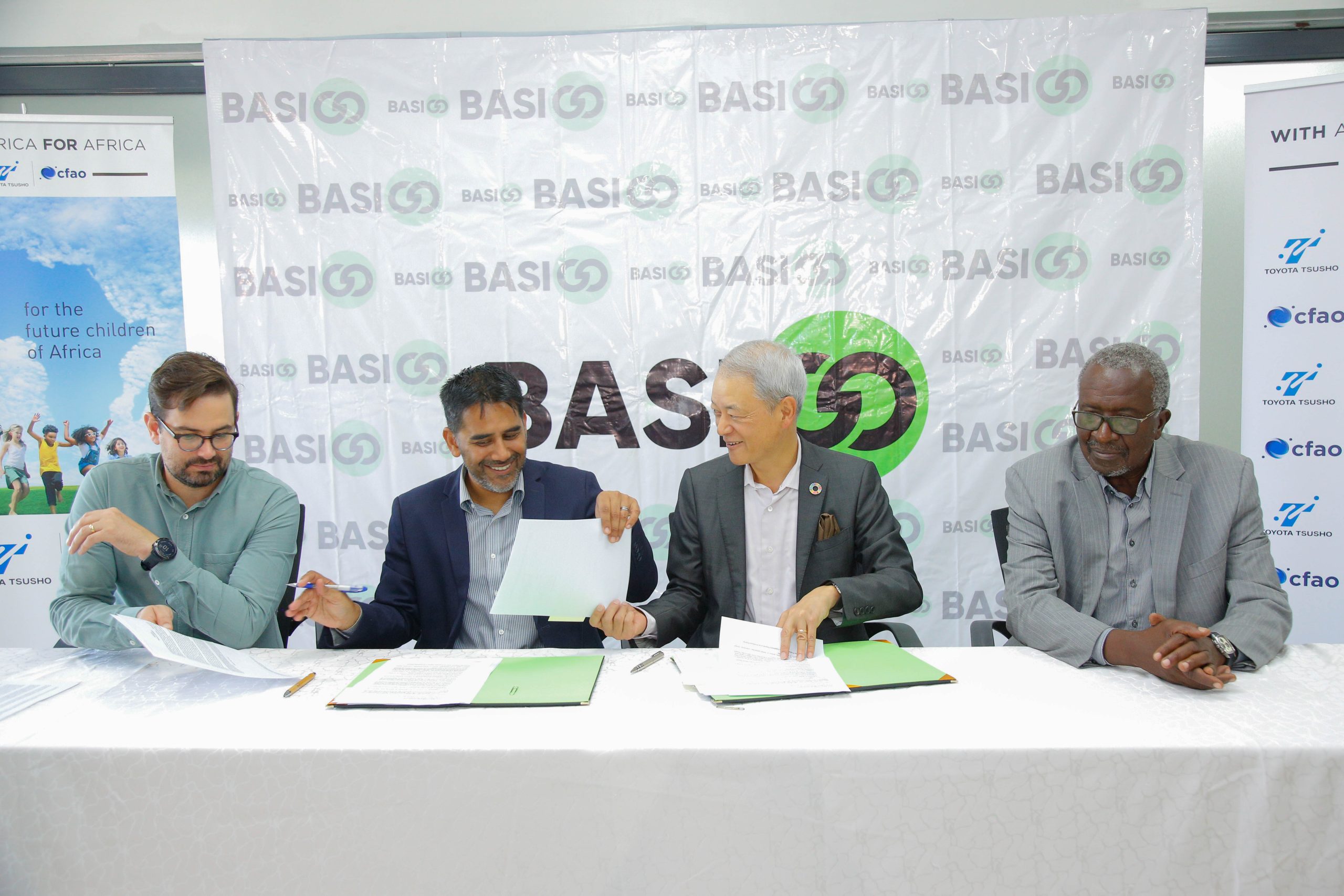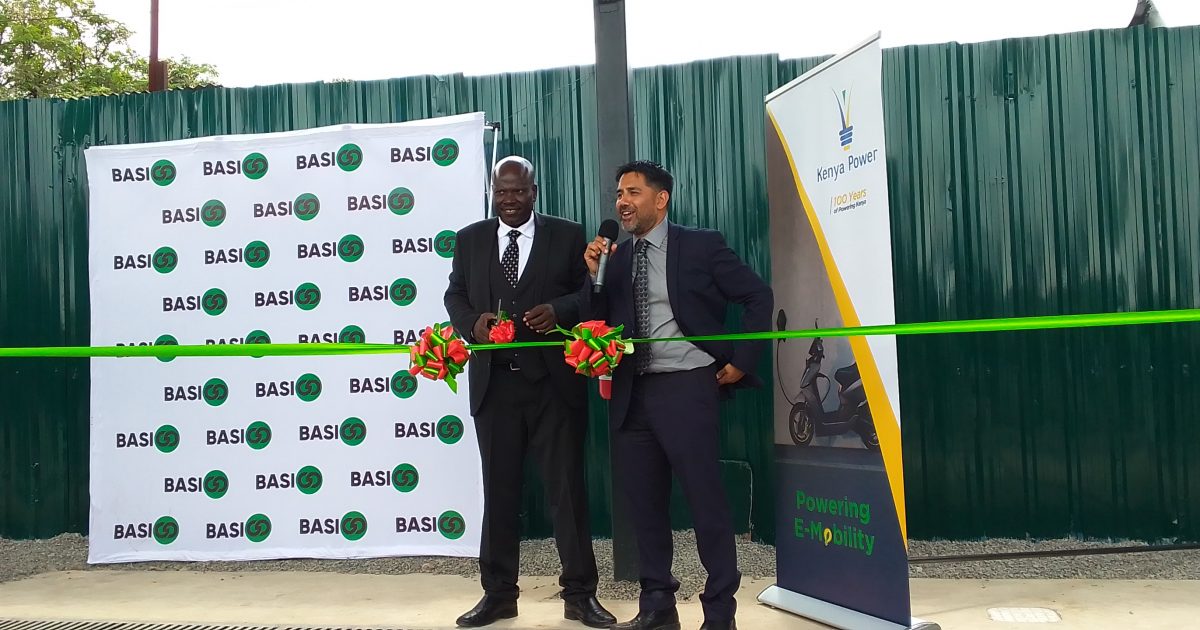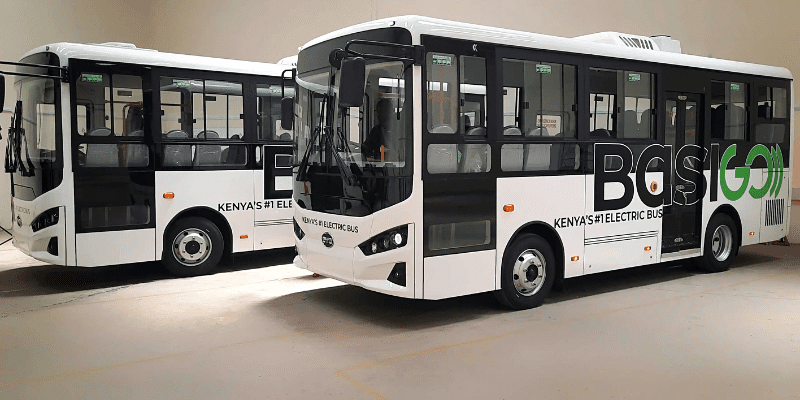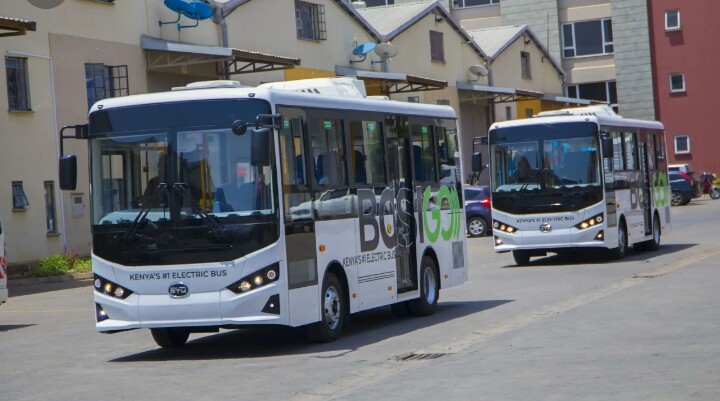BasiGo, a leading electric bus solutions provider, announced an expansion of operations with the delivery of 28 new electric buses to Rwanda.
This move is part of a broader plan to deploy 100 electric buses nationwide by the end of 2025. The first batch of buses is expected to arrive in Kigali next month to enhance city and inter-city public transportation services.
Read also: Tesla’s market value drops below $1 trillion – What’s behind the decline?
BasiGo’s expanding operations and infrastructure
BasiGo’s expansion in Rwanda involves not only the delivery of new buses but also the enhancement of its charging infrastructure. The company is upgrading its Rwandex charging and service depot, featuring a 1 MW power capacity capable of reliably charging 25 electric buses overnight. Additionally, more charging stations will be deployed nationwide to support inter-city operations.
Jit Bhattacharya, CEO and Co-Founder of BasiGo expressed enthusiasm about the expansion, stating, “BasiGo is proud to be delivering the largest shipment of electric buses to date into Rwanda. Rwanda’s commitment to sustainable transport has created an ideal environment for private sector investment and innovation into E-mobility. With this first major shipment of electric buses, BasiGo is proud to help Rwanda take a major step towards the goal of universal, electrified public transport for the country”.
BasiGo’s Pay-As-You-Drive model provides a comprehensive solution that includes charging, service and maintenance, insurance for electric buses, and a 90 percent uptime guarantee. This model facilitates a seamless transition for bus operators integrating electric buses into their fleets. The company has already secured over 360 reservations from Rwandan bus operators seeking to either replace their ageing diesel buses or expand their fleet.
Read also: iX Africa to expand cloud services in East Africa with 4.5MW hyperscale data centre in Nairobi
BasiGo electrifies, cuts emissions, and creates jobs
Implementing 100 electric buses by BasiGo is expected to reduce carbon emissions by an estimated 3,000 tons annually while creating hundreds of jobs for locals. This initiative aligns with Rwanda’s Vision 2050 sustainability goals, positioning BasiGo as a pivotal player in the country’s transportation transformation.
Doreen Orishaba, Managing Director of BasiGo Rwanda, noted, “Over the last 15 months, we have proven the reliability of our electric buses and the value of our model to the Bus Operators. We are confident in our capacity to meet the Rwandan bus market needs”.
BasiGo’s commitment to electrifying public transport in East Africa is further supported by its recent funding round, which aims to deliver 1,000 electric buses in the region over the next three years. In Rwanda, BasiGo has partnered with AC Mobility to facilitate the integration of electric buses into the existing transportation network, promoting sustainable and inclusive public transport.
